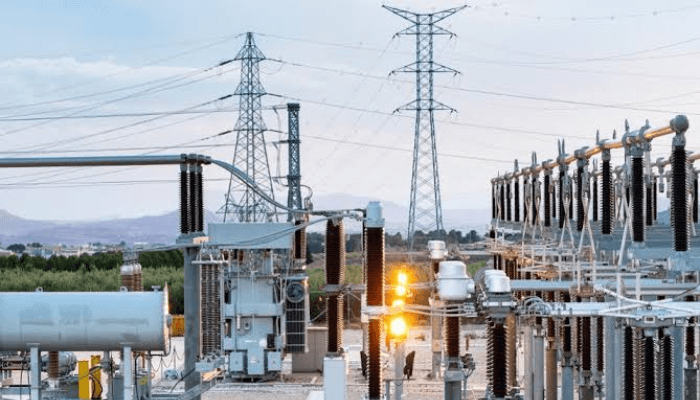Nigeria’s electricity sector recorded significant growth in customer numbers and revenue in the second quarter of 2024, despite a decline in power supply, according to the data released by the National Bureau of Statistics (NBS).
The report showed that the total number of electricity customers increased to 12.99 million in Q2 2024, reflecting a 5.35 percent rise from the 12.33 million customers recorded in Q1 2024. On a year-on-year basis, this represents a 13.24% growth from the 11.47 million reported in the same quarter of 2023.
The NBS also reported a marginal increase in the number of metered customers, which stood at 5.92 million in Q2 2024, up by 0.25 percent from 5.91 million in Q1 2024. Year-on-year, metered customers rose by 8.18%, compared to 5.47 million in Q2 2023. The growth in metering reflects efforts to improve transparency in billing and reduce consumer complaints regarding estimated billing practices.
Estimated customers also saw a sharp rise, growing by 10.04 percent to 7.07 million in Q2 2024 from 6.43 million in Q1 2024. Compared to Q2 2023, this represents a 17.86 percent increase from 6.00 million. The continued reliance on estimated billing shows that a significant portion of the population is still without electricity meters, a challenge that remains for the country’s distribution companies (DISCOs).
Despite the positive customer growth, the country’s electricity supply decreased. According to the NBS report, total power supply dropped to 5,612.52 gigawatt hours (Gwh) in Q2 2024, down from 5,769.52 Gwh in the previous quarter. On a year-on-year basis, this represents a 5.03 percent decline compared to 5,909.83 Gwh in Q2 2023. The reduced supply underscores ongoing infrastructural challenges in meeting Nigeria’s growing demand for electricity.
Meanwhile, DISCOs recorded a remarkable increase in revenue during the period. Total revenue generated in Q2 2024 stood at N391.72 billion, a 34.30 percent rise from N291.62 billion in Q1 2024. On a year-on-year basis, this represents an impressive 48.90 percent increase from the N263.08 billion generated in Q2 2023.
The report highlights the growing demand for electricity services in Nigeria, as well as the sector’s struggle to provide adequate supply to meet the needs of an expanding customer base. The increase in revenue suggests that, despite the supply issues, distribution companies are benefiting from improved collection efficiencies and higher tariffs, though challenges remain in addressing the country’s long-standing infrastructure deficits.


